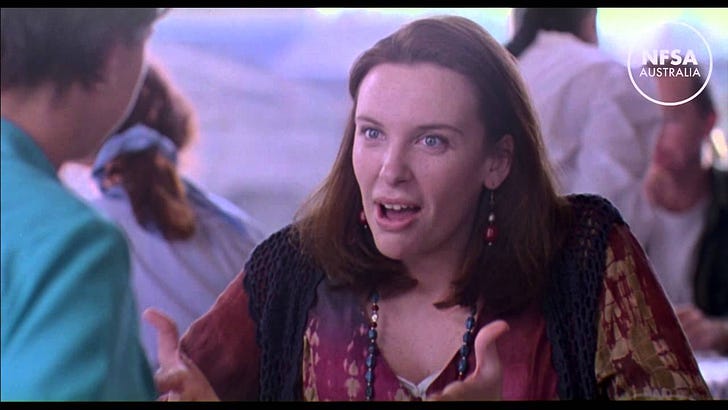Twenty-Five Years of Loving Toni Collette
On Accepting Ourselves, and Finding Our Place in the World
(Hello! Before you start reading, check out my last post, which is an offering for a journaling group. Lots of people have joined and I’d love to have you!)
Keep reading with a 7-day free trial
Subscribe to Gathering to keep reading this post and get 7 days of free access to the full post archives.




